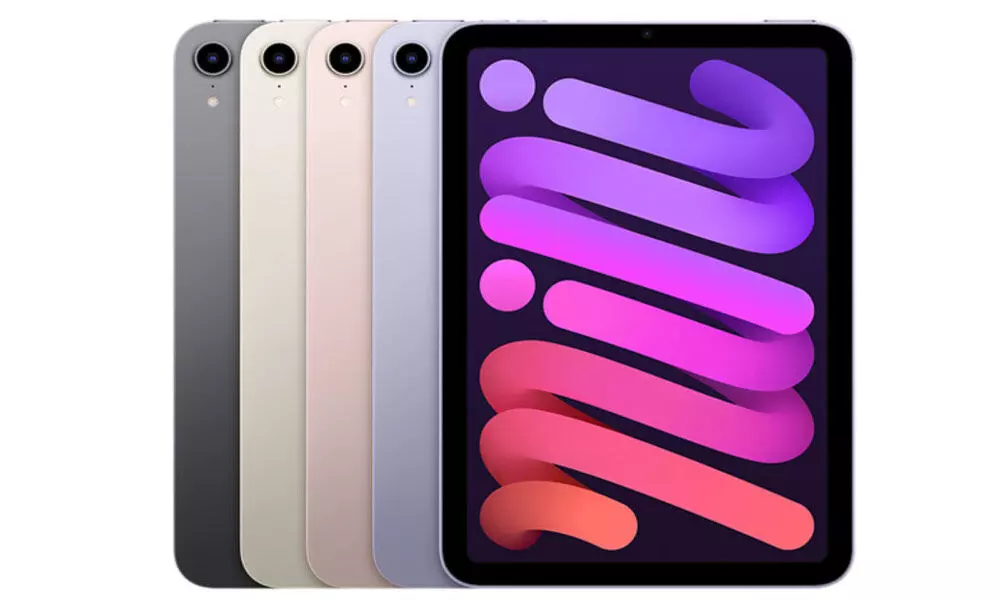iPad Mini does not support mmWave 5G

IPad Mini does not support mmWave 5G
There is a rumour that the A15 Bionic of the iPad Mini also works differently.
Apple's recently redesigned iPad Mini was one of the most exciting announcements at its iPhone 13 event on Tuesday, but then a limitation was identified: As Jason Snell of Six Colors discovered, the new iPad Mini does not support mmWave 5G. There's also a hint that its new A15 Bionic processor might be slowing down compared to the version featured in the iPhone 13 line (via MacRumors).
Support for 5G on the cellular version of the iPad Mini was one of Apple's highlights, but looking at Apple's tech specs, while it supports low- and mid-band 5G, it doesn't offer mmWave. Apple began toying with the 5G ad machine with the launch of the iPhone 12, and continues to tout the faster download and upload speeds that technology can deliver in 2021. You can see the cellular and wireless features that Apple highlights for the iPad Mini below:
Breakdown of the cellular and wireless components in the iPad Mini on Apple's website
Getting fast 5G speeds depends on coverage, which has improved in the US, but it's not always faster than LTE. Carriers like Verizon and T-Mobile have big plans to improve 5G performance in 2021, including increasing the availability of fast mmWave, but when coverage is limited it may not be worth it just yet. In our experience reviewing the iPhone 12 Pro, mmWave was picky. Here's The Verge editor-in-chief Nilay Patel:
In a glorious 20 square foot patch, I stopped over 2 gigabits per second. (And 40 megabits per second, which was in line with normal 5G.) If he walked 100 feet away, the signal would drop, and that was it. I hope you are not anticipating being very mobile with your 5G mobile phone if you have giant files to download.
Maybe not a big loss for the Mini at the moment. The same could be said for the iPad Mini's processor. The GeekBench benchmarks that MacRumors cites point to the Mini's performance reaching 2.9 GHz, a bit slower than the 3.2 GHz the post got for the iPhone 13. However, GeekBench is not the whole story for understanding performance. of a device. Without an iPad Mini to test in hand, there's no way to be absolutely sure those numbers are accurate. It's not too difficult to fake a GeekBench score either, as XDA Developers has shown.
If you're looking for a real, verifiable difference between the new Mini and iPhones, look for graphics performance. The iPad Mini offers five graphics cores, one more than the 4-core GPU in the iPhone 13 and iPhone 13 Mini. There's no way of knowing what that looks like until we review it, but the millimetre-wave-free iPad Mini may still be quite capable.








